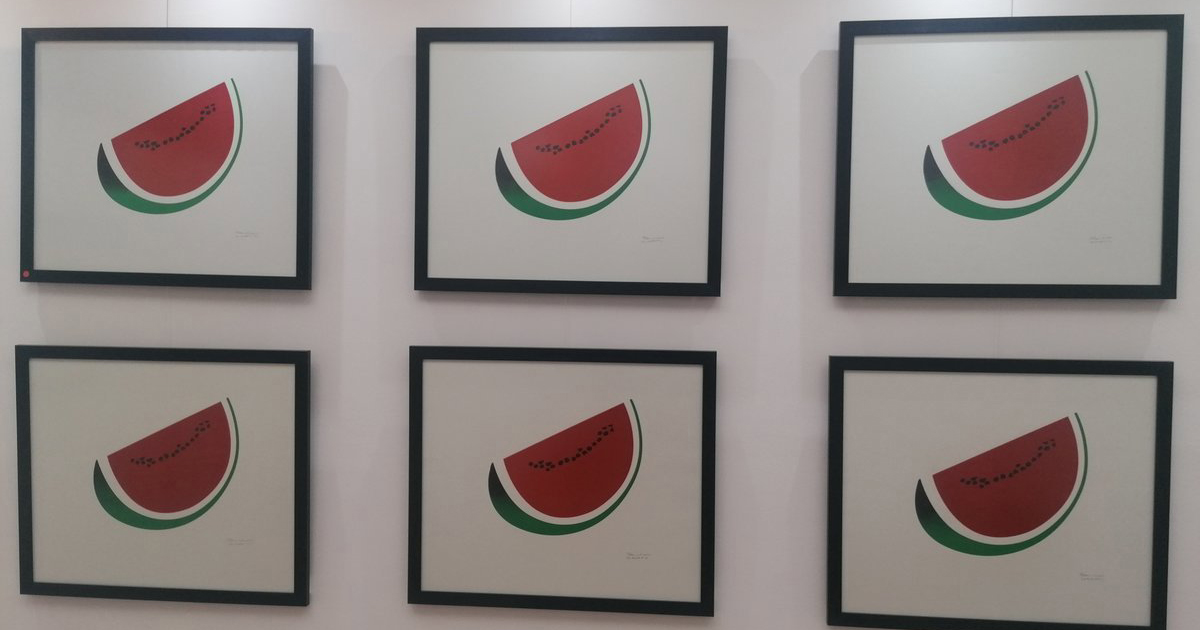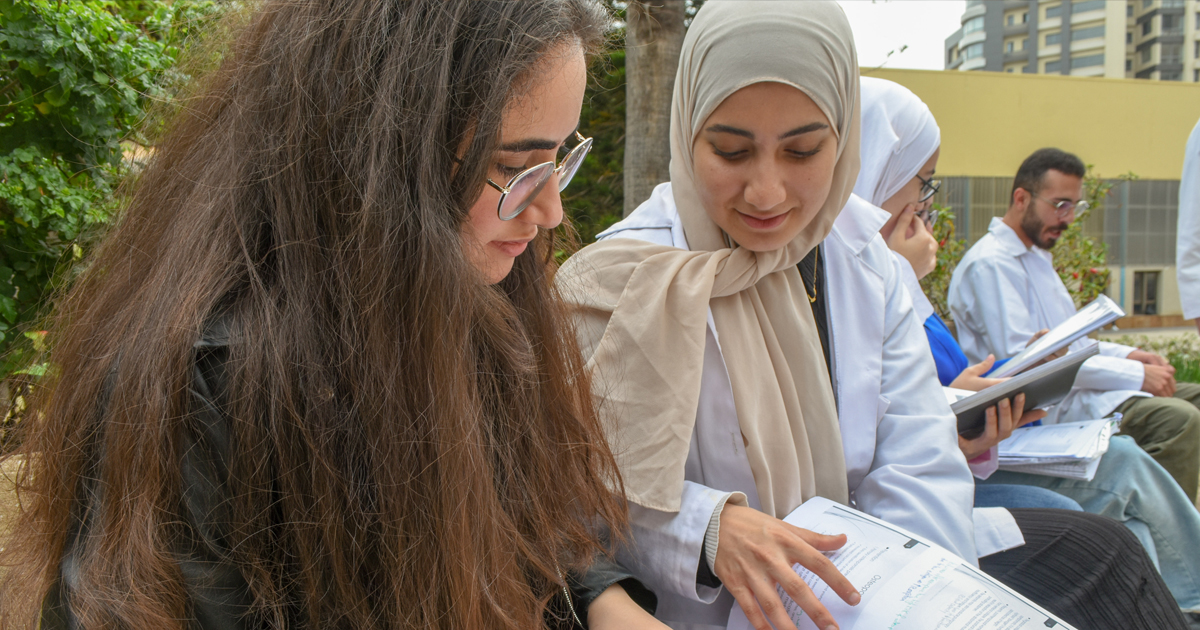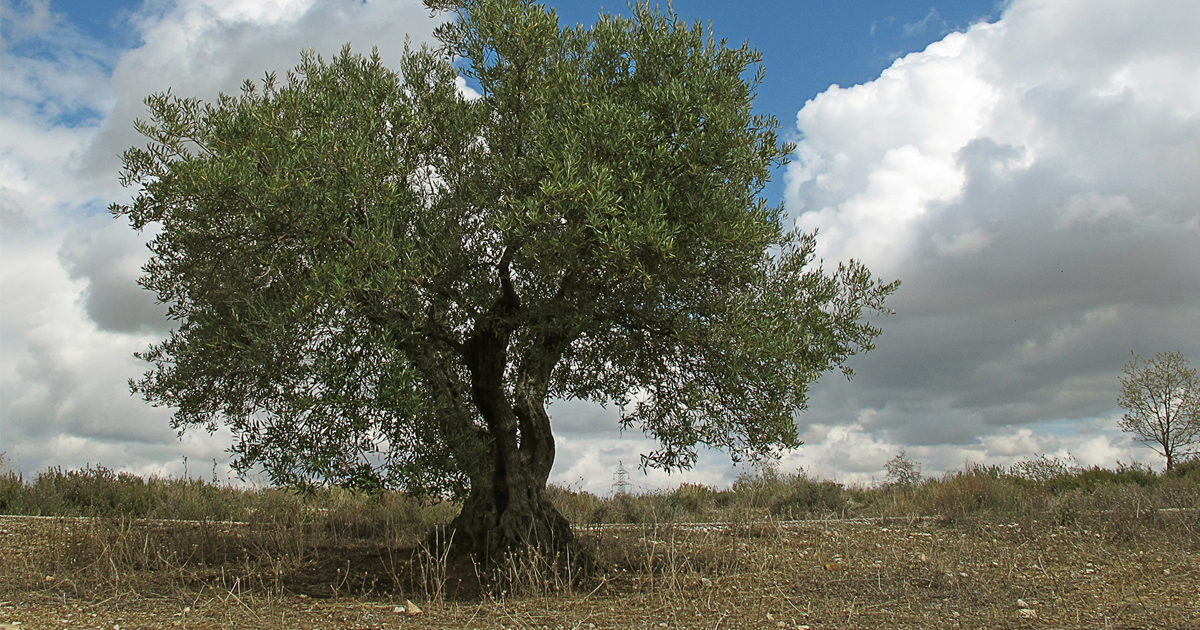Understanding the unique developmental needs of young learners, Taawon, through its Early Childhood Education Development Program, is working on multiple fronts to enhance the quality of education. One of its latest initiatives involved a comprehensive assessment of the textbooks used in participating kindergartens.
Since 2016, with the support of UNICEF, this program has expanded to include 54 kindergartens run by 20 institutions across Palestinian refugee camps in Lebanon, reaching thousands of children aged 3 to 6 years.

Evaluating Kindergarten Textbooks: A Step Toward Better Learning
While textbooks are important, the true educational impact comes from teaching strategies, classroom interactions, and activity design. According to Hana Khalil, Taawon’s Early Childhood Education Advisor, "Textbooks should serve as guides, not rigid instructional tools. Especially in the first year of kindergarten, children need to develop pre-reading, pre-writing, and early math skills before engaging with structured textbooks."
Given the diversity of curricula across kindergartens, Taawon and UNICEF recognized the need for an assessment to shape a future vision for improved educational quality. The evaluation focused on:
✅ Ensuring content aligns with children's developmental needs.
✅ Assessing the variety and comprehensiveness of activities in language, cognitive, motor, social, emotional, and artistic skills.
✅ Ensuring activities are engaging, stimulating, and foster critical thinking and creativity.
✅ Supporting educators with content that facilitates effective and innovative teaching strategies.

The Lebanese Institute for Educators at Saint Joseph University conducted the evaluation and provided detailed recommendations. Rayan Kanaan, the program's evaluation supervisor, emphasized that a child-centered approach is crucial, highlighting key areas for improvement:
• Adapting curricula to balance play, learning, and discovery.
• Training educators on effective lesson planning and activity organization.
• Encouraging interactive and active learning techniques.
• Enhancing learning resources such as interactive games, sensory materials, illustrated books, and educational cards.
• Regular assessment of teaching methods for ongoing improvements.
• Involving parents in the learning process for better educational outcomes.

Assessing English Language Teaching and Educator Skills
To ensure proper English language instruction, Taawon partnered with Pedagogy to evaluate the proficiency of 153 kindergarten teachers. This included a language skills test and classroom observations of 27 teachers across six kindergartens, focusing on:
- English communication abilities during lessons.
- Classroom environment and management.
- Teaching methods, student engagement, and feedback mechanisms.
- Educational materials and resources used by four institutions.
- Interviews with administrators, coordinators, and parents.
The findings led to key recommendations:
✔ Enhancing teachers’ spoken and written English proficiency.
✔ Providing English storybooks for classrooms.
✔ Improving hiring standards to ensure teachers have strong English teaching backgrounds.
✔ Equipping classrooms with age-appropriate resources, including phonics tools, visual word cards, and interactive activities.
Huda Jaloul, the evaluation supervisor from Pedagogy, emphasized that building an effective English learning environment requires:
Child-friendly language: Using simple sentences, high-frequency words, and basic phonics (e.g., "b" makes the /b/ sound).
Interactive elements: Songs, rhymes, and engaging activities to enhance retention and comprehension.
Cultural sensitivity: Diverse representation in stories and avoiding stereotypes.
Support for educators: Providing structured lesson plans and teaching aids.
Providing Quality Education for All Children
Taawon’s Early Childhood Education Development Program continues to prioritize quality education for children in Palestinian refugee camps and beyond. According to Rayan Kanaan, achieving this goal requires:
✅ Comprehensive and inclusive curricula that address diverse learning needs.
✅ A safe and stimulating learning environment that fosters curiosity and creativity.
✅ Ongoing teacher training on modern educational strategies.
✅ Integration of technology and interactive learning tools.
✅ Stronger collaboration between schools and parents.
✅ Continuous assessment and refinement of educational practices.
Taawon’s Early Childhood Education Support Program: A Journey of Growth
Launched in the mid-1990s, Taawon’s program underwent a major transformation in 2016, thanks to UNICEF's support. It expanded to more kindergartens and introduced a diverse set of interventions:
Upgrading learning environments: Renovating classrooms and playgrounds.
Investing in human resources: Training kindergarten teachers and supervisors.
Providing interactive learning materials: Games, sensory tools, and educational kits.
Promoting inclusive education: Accommodating children with disabilities and learning difficulties.
Developing educational guidelines: Creating standardized kindergarten benchmarks and a teacher’s manual for psychomotor activities—soon to be adapted for inclusive education.
Expanding Reach: Early Childhood Clubs
By late 2024, Taawon launched Early Childhood Clubs in several Palestinian refugee camps as part of UNICEF’s Makani Program. These clubs target children not enrolled in kindergarten, offering structured activities that enhance cognitive, motor, and language skills, preparing them for formal schooling. According to Firas Toutounji, Taawon’s Education Program Coordinator, these clubs provide a crucial stepping stone for underserved children, ensuring they enter school with the foundational skills needed to succeed.
Building a Brighter Future for Early Learners
By prioritizing child-centered education, educator development, and continuous curriculum improvements, Taawon and its partners are making a lasting impact on early childhood education in Palestinian refugee communities. With a focus on quality, inclusivity, and innovation, these efforts are shaping a better future for thousands of children, one classroom at a time.
Together, we can create a world where every child receives the quality education they deserve.











